Unveiling the urgency for disability rights reform in India, this piece highlights the critical need for inclusion, showcasing the grim reality of institutions like Asha Kiran and advocating for a transformative approach to equality and dignity for the disabled.


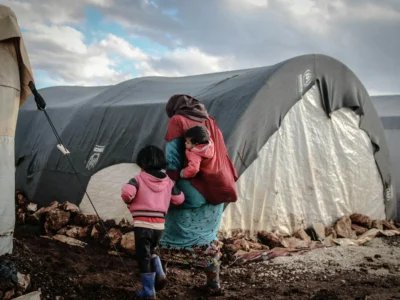

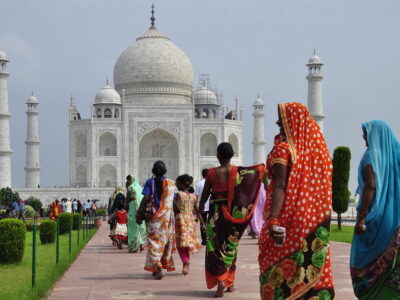
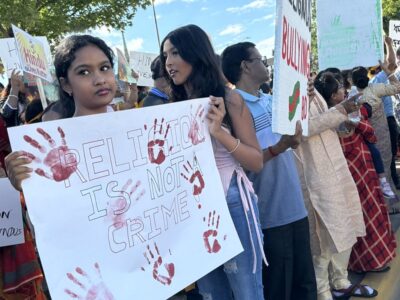
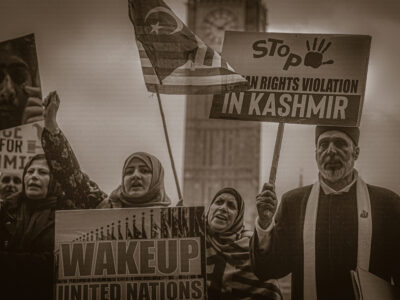
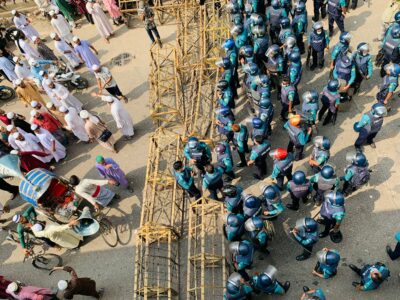
Comments